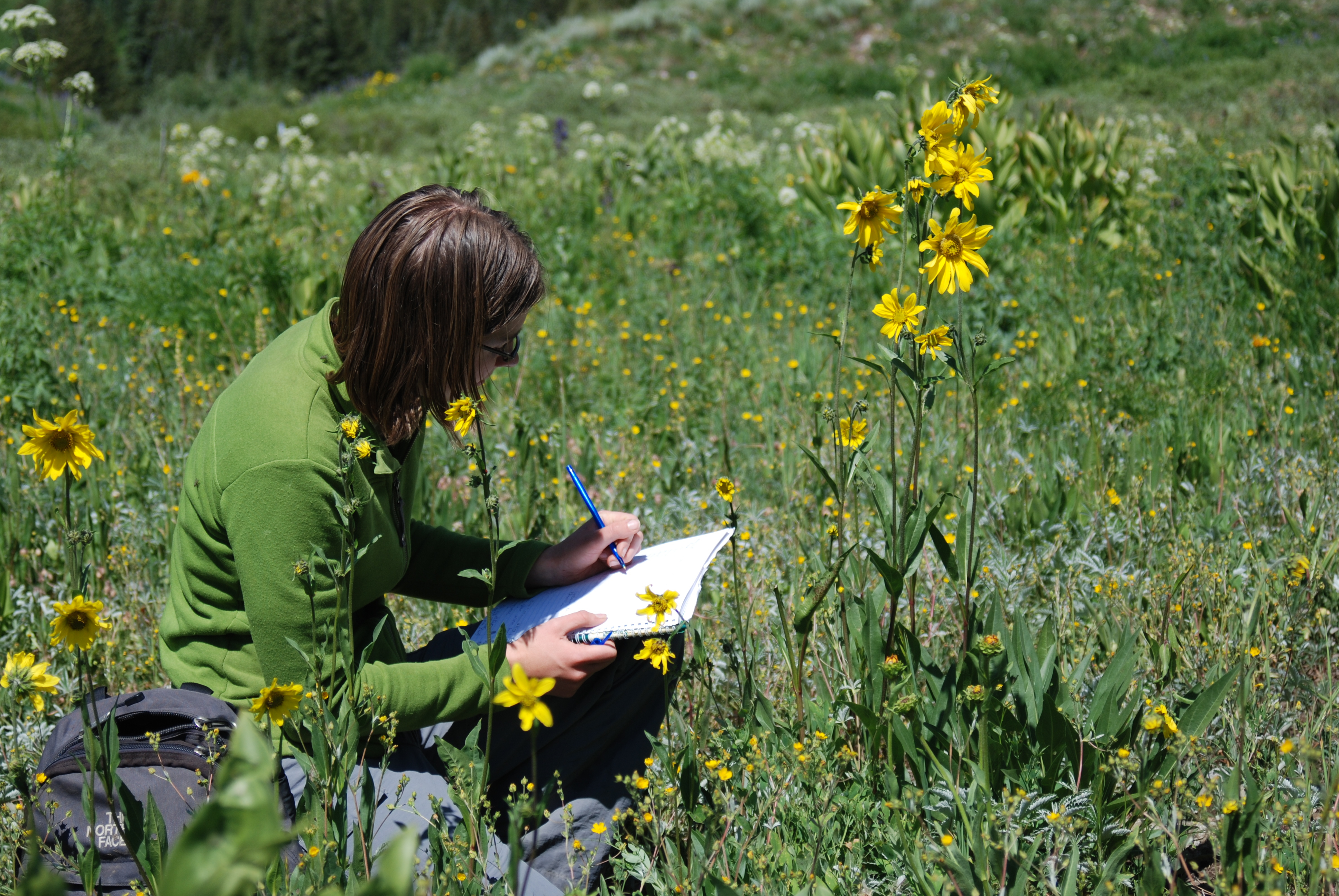|
The US Global Change Research Program (globalchange.gov) is currently advertising for a new position at the National Coordination Office in Washington, DC.
Communications Coordinator/Web-Content Manager
Under the direction of the Deputy Director, and in close coordination with OSTP communications staff, serves as the NCO’s communications coordinator:
- Develops and deploys strategies for communicating USGCRP science to a broad range of audiences, including the general public;
- Creates and disseminates digital, print, web-based and multimedia content about USGCRP scientific findings through various communication and education channels, including the USGCRP constellation of websites, social media outlets, professional conferences and meetings and other relevant mechanisms;
- Coordinates the development of and edits USGCRP documents and communications materials; and
Serves as the NCO coordinator for the newly formed USGCRP Interagency Communication and Education Team (ICE-t), which aims to coordinate and enhance unified Federal strategies to communicate and educate about climate change science and related global change.
Applications due by Friday, June 15, 2012
Apply here. |
|
|
Friday June 1, 2012
Featured by NOAA.gov, a member of the U.S. Global Change Research Program

At NOAA's atmospheric baseline observatory in Barrow, Alaska, captured here by fisheye lens, the concentration of the greenhouse gas carbon dioxide reached 400 ppm in April 2012, the first time a monitoring sites reached the 400 mark. Carbon dioxide levels are steadily increasing in the atmosphere due to human activities, primarily the burning of fossil fuels. Image credit: NOAA The concentration of carbon dioxide in the atmosphere of Barrow, Alaska, reached 400 parts per million (ppm) this spring, according to NOAA measurements, the first time a monthly average measurement for the greenhouse gas attained the 400 ppm mark in a remote location.
Carbon dioxide (CO2), emitted by fossil fuel combustion and other human activities, is the most significant greenhouse gas contributing to climate change.
“The northern sites in our monitoring network tell us what is coming soon to the globe as a whole,” said Pieter Tans, an atmospheric scientist with NOAA’s Earth System Research Laboratory (ESRL) in Boulder, Colo. “We will likely see global average CO2 concentrations reach 400 ppm about 2016.” Read more… |
|
Tuesday May 22, 2012
Featured on USGS.gov, a member of the U.S. Global Change Research Program
The low streamflows seen throughout much of New England this April do not foreshadow a summer drought, as researchers have determined summer rainfall plays a bigger role than snowmelt runoff in determining streamflows in the summer. In a new report by the U.S. Geological Survey, scientists also looked at how streamflow during April is influenced by both winter air temperature and precipitation. They concluded that April streamflow is more sensitive to changes in temperature than to changes in winter precipitation in southern New England.
While streamflow in April is more sensitive to changes in temperature, summer streamflows are more dependent on precipitation. Understanding the sensitivity of streamflow to climatic variation is important because people and aquatic ecosystems are dependent upon water supplies, particularly in summer low-flow seasons. Read more…
|
|
Thursday May 17, 2012
Featured on USGS.gov, a member of the U.S. Global Change Research Program

Recording how climatic variations and trends impact seasonal events in plants.
Credit: A. Miller-Rushing As the climate has warmed, many plants are starting to grow leaves and bloom flowers earlier. A new study published in the journal, Nature, suggests that most field experiments may underestimate the degree to which the timing of leafing and flowering changes with global warming.
Understanding how plants are responding to climate change will help develop more accurate indicators of spring, forecast the onset of allergy season or the chances of western wildfires, manage wildlife and invasive plants, and help inform habitat restoration plans. In this new study, scientists evaluated the sensitivity of plants to changes in temperature using two sources: experimental plots versus historical observations from natural sites. Read more… |
|
Wednesday May 9, 2012
Featured on USDA.gov, a member of the U.S. Global Change Research Program

A recent study by the USDA Forest Service, Oregon State University, and the U.S. Geological Survey identified trends in stream temperatures at sites like Mack Creek near the H.J. Andrews Experimental Forest in Oregon.
Read More…
![alt]() ![alt]() |
|
|
|
|
<< Start < Prev 1 2 3 4 5 6 7 8 9 10 Next > End >>
|
|
Page 5 of 21 |